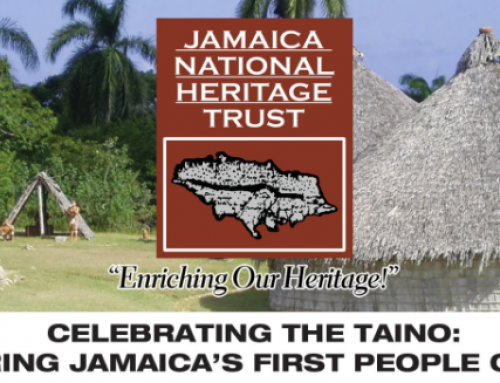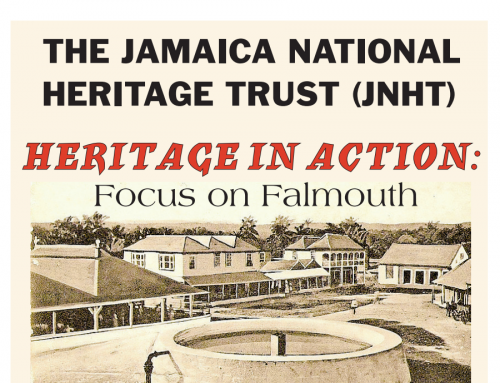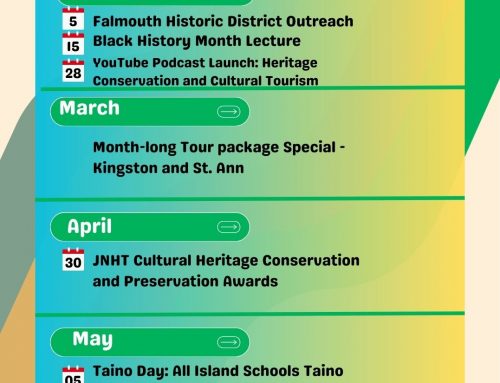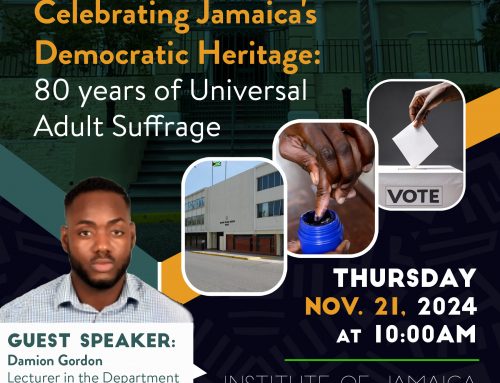Joel Augustus Rogers
Joel Augustus Rogers (September 6, 1880 – March 26, 1966) was a prolific Jamaican-American writer of history, anthropology and sociology. Rogers was born to mixed race parents in Negril, Jamaica. He emigrated from Jamaica to the United States in 1906, living briefly in Chicago before settling in New York, where he lived for most of his life. His works have made a great contribution to the history of Africa and its Diaspora. Rogers was also respected as an academic and thus was a member of organizations such as the Paris Society of Anthropology, the American Geographical Society and the American Association for the Advancement of Science. Rogers excelled not only as a researcher, but also as journalist of great repute. He was an opinion writer for famous African American Publications like the New York Amsterdam News and the Pittsburgh Courier. As a journalist he broke barriers when he was sent to Ethiopia as the only African American reporter to cover the Italian occupation of Ethiopia. Roger’s had quite a productive life and published over twenty books and articles.
Sources:
Gates, H. L. “Who was Joel A. Rogers?”
https://www.theroot.com/who-was-joel-a-rogers-1790877731
Rogers, J. A. (1880-1966)
http://www.blackpast.org/aah/rogers-j-1880-1966
Dr. Oswald E. Anderson
Dr. Oswald E Anderson (1881-1948) was a patriotic Jamaican and devoted politician. Due to his strong civic engagement, he was elected to the St. Andrew Parochial Board as early as 1919. Since he regarded the amalgamation of the St. Andrew Parochial Board and the Kingston City Council in 1923 a “retrograde step”—the new body had fewer elected members than the two boards combined—he refused to stand in the first election for the Kingston and St. Andrew Corporation (KSAC). In 1931, however, he agreed to be co-opted onto the body as alderman. In 1934, he was made deputy-mayor and in 1937 contested the KSAC elections on a ticket of the Kingston and St. Andrew Federation of Citizens Associations, which was not a political party but supported candidates in elections. He overwhelmingly won the election and was unanimously chosen as mayor. During his stint as Mayor of Kingston, he passionately lobbied for an improvement on how the masses were treated in the health system. For example in 1932, his criticism of the poor treatment that was meted out to the masses in the nation’s health facilities resulted in a Commission of Inquiry.
Although the Commission concluded that the specific cases of poor treatment mentioned by Anderson were not substantiated,” it did confirm his more general claim of “neglect and carelessness.” Today Anderson is most remembered for his decision to resign in 1938 as mayor of the KSAC in July 1938 over an advert in the British Medical Journal for a health officer for Jamaica, who had to be “of European parentage”. Dr. Anderson is remembered by historians as a maverick, because he chose to be a staunch defender of the disenfranchised masses, when most of his colleagues supported the elite
Source:
Altick, Henrick. True Maverick: The Political Career of Dr. Oswald E. Anderson, 1919-1944
Lipton Mathews
Research Officer
Jamaica National Heritage Trust
liptonmatthews@jnht.com








